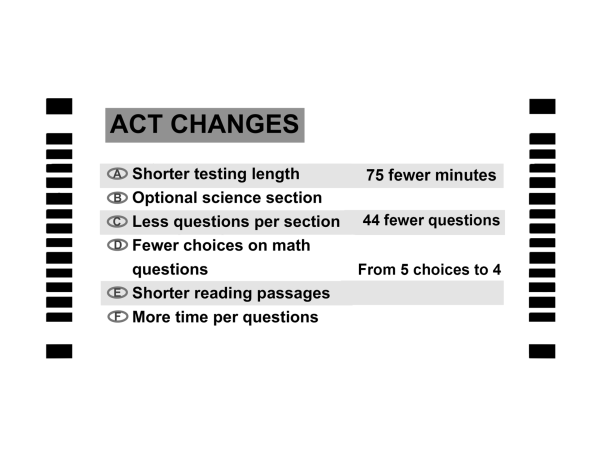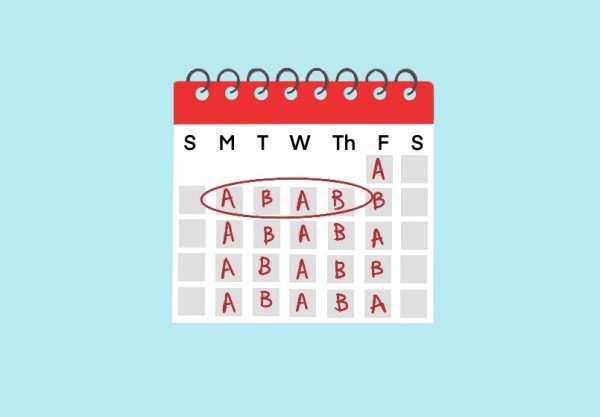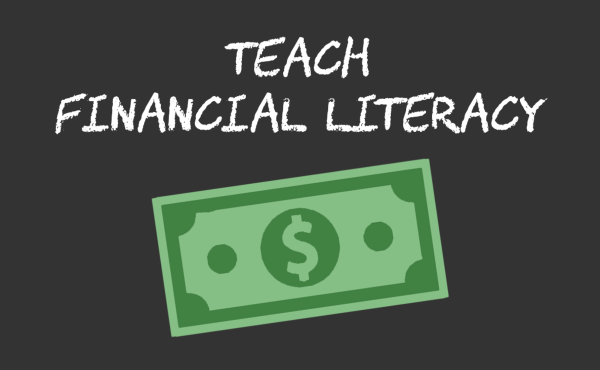Schools should bring back home economics classes
By Lanier Pickren
Comment
When we think of the term Home Economics, most likely an image of young women cooking over stove tops in an artificial kitchen comes to mind. However, Home Ec. is more than just a cooking class.
Home Economics was a popular course offered in the 1900s. Students in the class learned basic life skills such as cooking nutritious meals, budgeting, and how to run a home properly. Home Ec. has a negative connotation because in the past the majority of the classes were all female, and it was believed to promote the idea that a woman’s job is to stay home and take care of the house, nothing more.
However, the course was originally designed to do the opposite for women. Ellen Swallow Richard is the chemist who is credited for founding the course. The original idea was based around boosting a woman’s lifestyle. Richard viewed the class as more of a science, a place to learn how to run a home efficiently, so that women would have more time for pursuing jobs and education outside of the home.
Other high schools have brought back this kind of course in the form of Domestic Science. The dictionary definition of domestic science is the same as home economics, however, it brings a more positive connotation into mind. This connotation reflects more of the course that Richard had in mind; one more focused with the science of the subject.
When we approach a Home Ec. course as a science rather than with a sexist outlook, the class provides much more than just cooking and cleaning. A Home Ec. class could teach basic life skills, such as responsible spending and budgeting, planning and preparing nutritious and inexpensive meals, and paying taxes.
The reality is that when most students graduate from high school and go to college, they are ill prepared for the task of managing finances and a home by themselves, without the help of a parent. This lack of knowledge can lead to unhealthy eating habits and student debt, which can be hard to manage properly under the stress of college itself. Having a Home Economics class could help fix this problem.
Others may say that changing the name of the class does not change the fact that students will view it as a class to slack off in, an easy A, therefore making it a waste of the budget. However, Domestic Science can be more than just another course. Learning fundamental skills in an engaging way will help students remember the content, and will stick with them throughout life.
We spend a lot of time here at Grady preparing academically for college, but none on how to operate on our own in the real world. Many students have said that they wished a course was offered that taught them things such as how to pay taxes, managing money, writing resumes, and simple etiquette. Is preparing students for the real world a waste of money? We think not.

Lanier is a senior and this is her third year on staff with the Southerner. In addition to writing for the Southerner, Lanier is editor of Latin club,...










